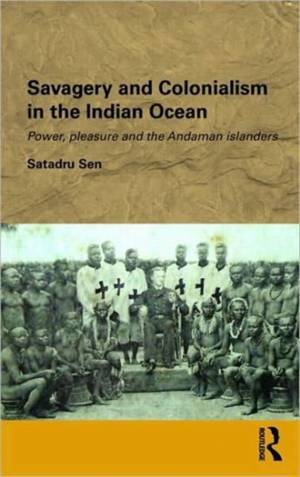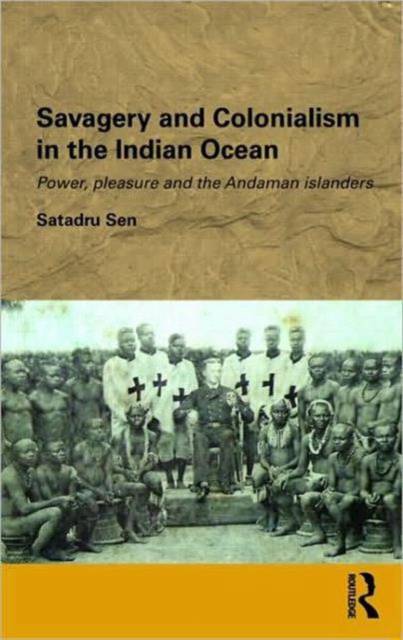
- Afhalen na 1 uur in een winkel met voorraad
- Gratis thuislevering in België vanaf € 30
- Ruim aanbod met 7 miljoen producten
- Afhalen na 1 uur in een winkel met voorraad
- Gratis thuislevering in België vanaf € 30
- Ruim aanbod met 7 miljoen producten
Omschrijving
This book examines the social, political and ideological dimensions of the encounter between the indigenous inhabitants of the Andaman islands, British colonizers and Indian settlers in the eighteenth and nineteenth centuries. The British-Indian penal settlements in the Andaman Islands - beginning tentatively in 1789 and renewed on a larger scale in 1858 - represent an extensive, complex experiment in the management of populations through colonial discourses of race, criminality, civilization, and savagery. Focussing on the ubiquitous characterization of the Andaman islanders as 'savages', this study explores the particular relationship between savagery and the practice of colonialism.
Satadru Sen examines savagery and the savage as dynamic components of colonialism in South Asia: not intellectual abstractions with clear and fixed meanings, but politically 'alive' and fiercely contested products of the colony. Illuminating and historicizing the processes by which the discourse of savagery goes through multiple and fundamental shifts between the late eighteenth and late nineteenth centuries, he shows the links and breaks between these shifts and changing ideas of race, adulthood and masculinity in the Andamans, British India, Britain and in the wider empire. He also highlights the implications of these changes for the 'savages' themselves. At the broadest level, this book re-examines the relationship between the modern and the primitive in a colonial world.
Specificaties
Betrokkenen
- Auteur(s):
- Uitgeverij:
Inhoud
- Aantal bladzijden:
- 278
- Taal:
- Engels
- Reeks:
Eigenschappen
- Productcode (EAN):
- 9780415497824
- Verschijningsdatum:
- 1/01/2010
- Uitvoering:
- Hardcover
- Formaat:
- Genaaid
- Afmetingen:
- 140 mm x 218 mm
- Gewicht:
- 476 g

Alleen bij Standaard Boekhandel
Beoordelingen
We publiceren alleen reviews die voldoen aan de voorwaarden voor reviews. Bekijk onze voorwaarden voor reviews.











